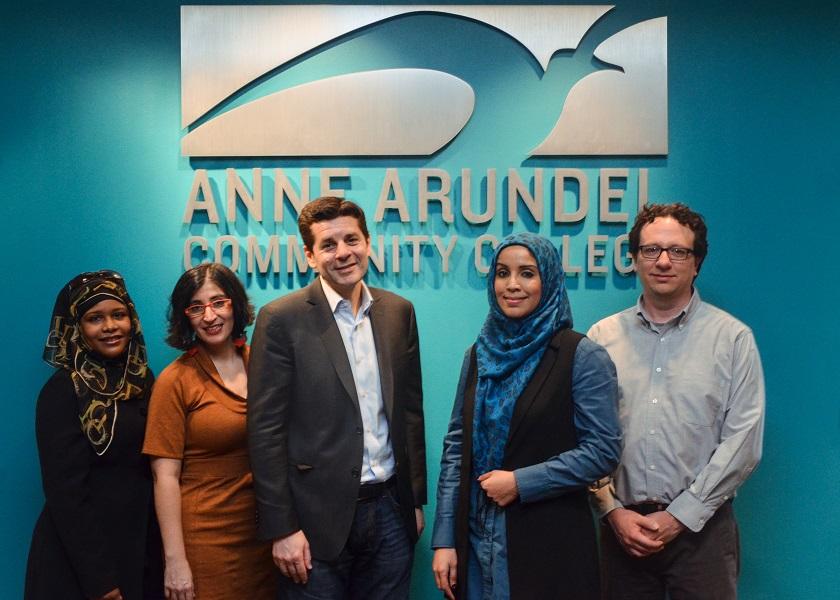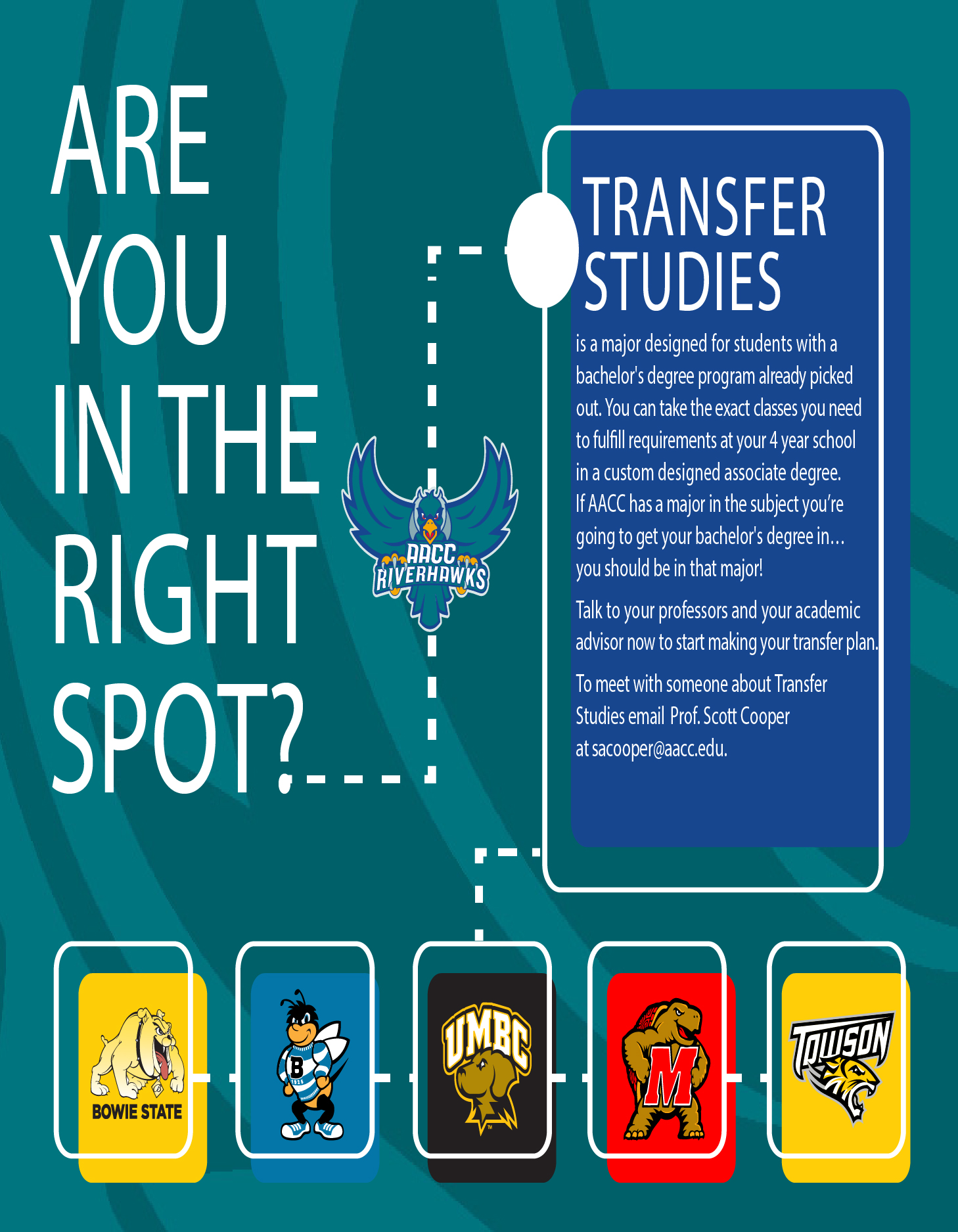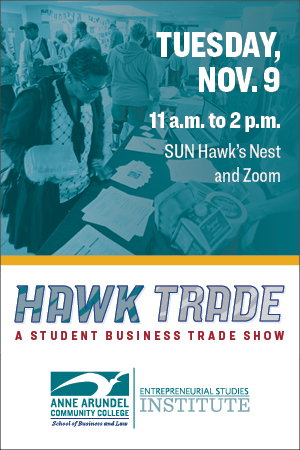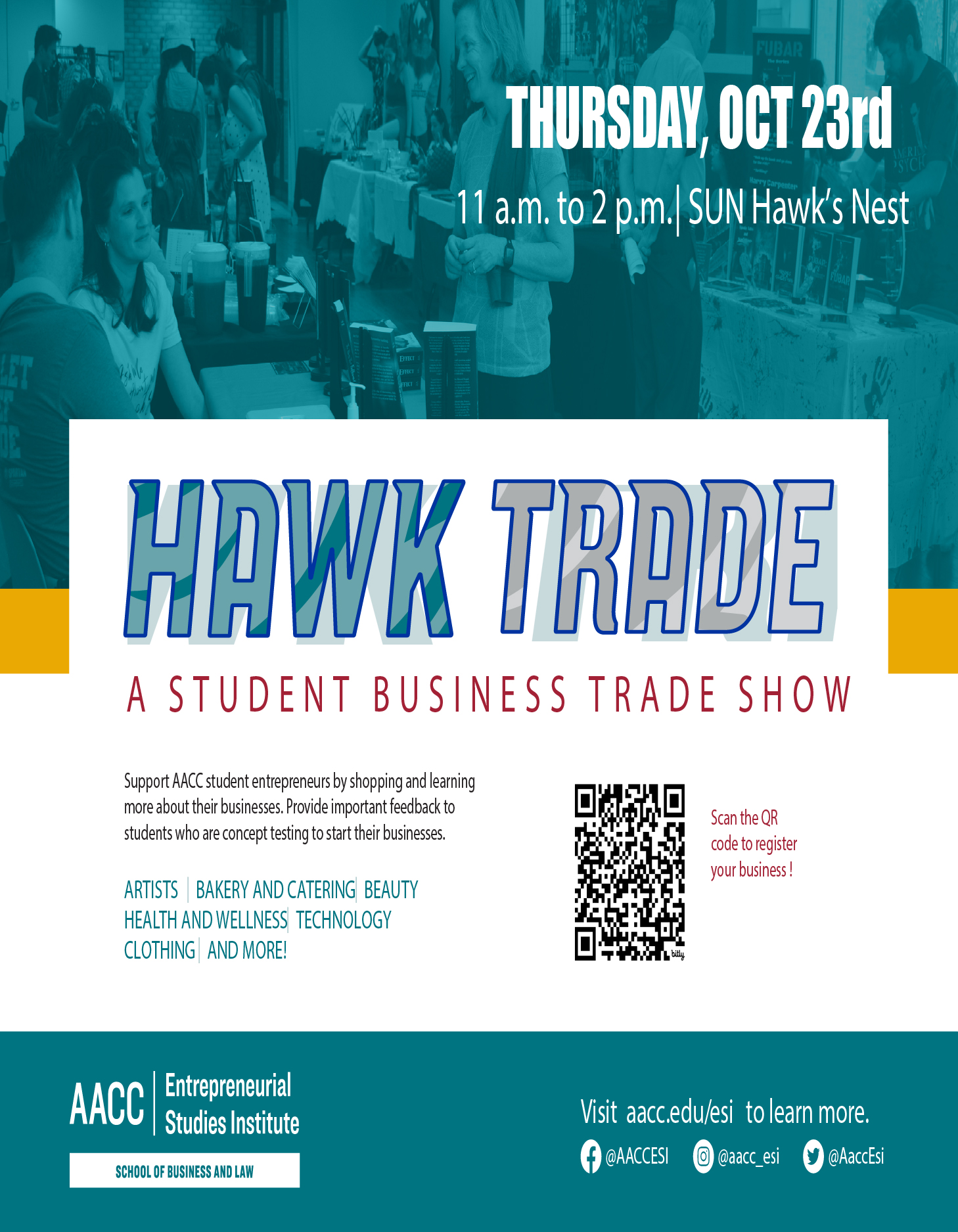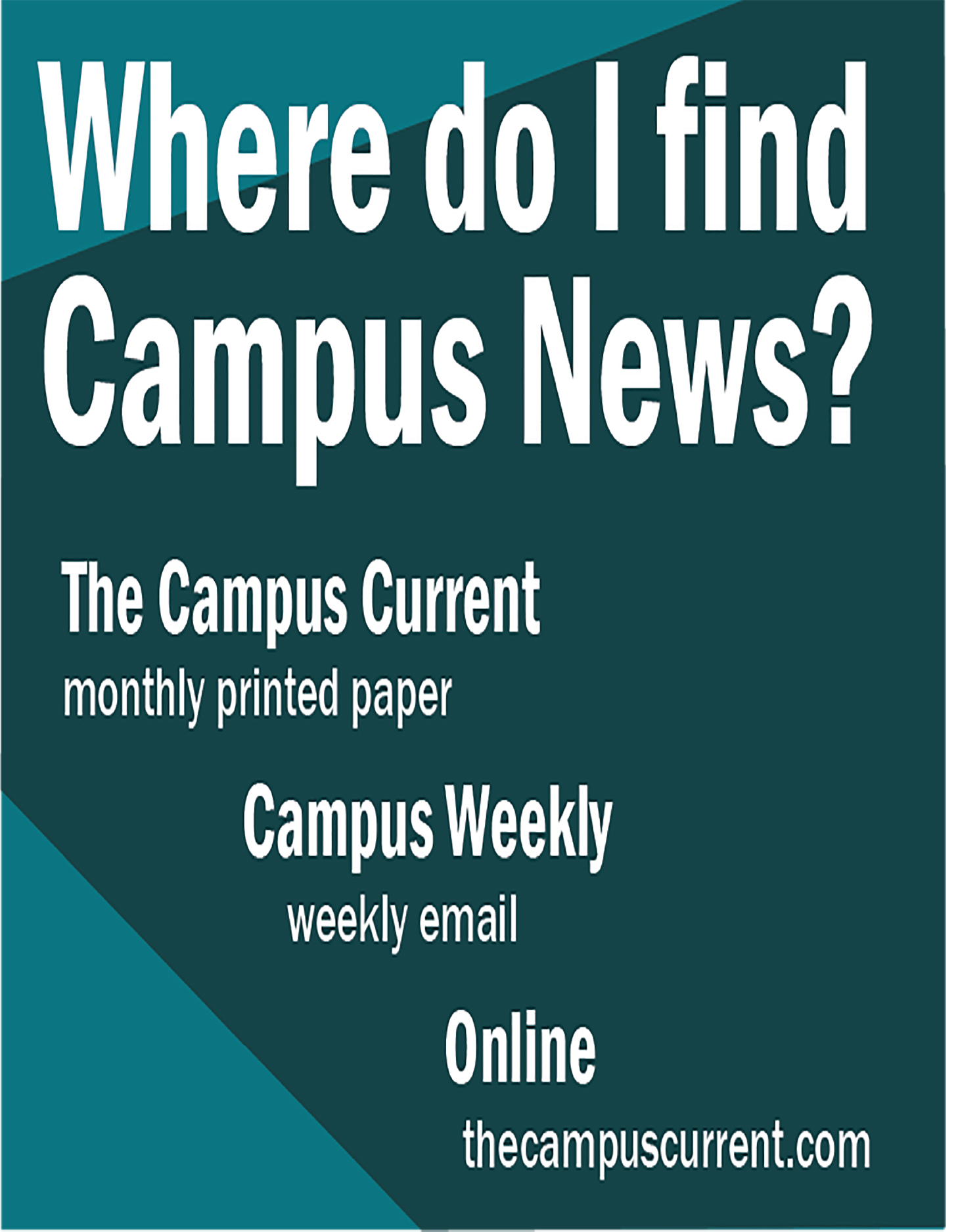Debunking Islamophobia with the Remedy of Comedy
Dean Obeidallah & Negin Farsad pose for a group photo with AACC staff.
April 7, 2015
Channeling a Motown-Meets-the-Rat-Pack vibe, the opening song for the documentary “The Muslims Are Coming”, shown on April 2 at AACC to an eager audience, caused a finger-snapping reaction as a mellow male’s voice sang, “Oh, Muslims. You know that they are a-coming, they’re gentle and they’re funny, so open up your arms and give ‘em a hug.”
Through the efforts of the Year of Social Justice, students and faculty members launched the month-long celebration of Immigration Awareness Month by attending three events under the umbrella of the theme for the day: Combating Islamophobia on Campus, in our Community and Around the World.
“There has never been a more perfect and opportune time for us to discuss who Muslims are and why there are so many misconceptions about Islamic Muslims in the west,” said Zainab Chaudry from the council on American Islamic Immigration.
Islamophobia is the dislike of, or the act of being prejudiced against, Islam or Muslims, especially as a political force.
“I think that some folks really have no idea,” said Chaudry. “There was a recent statistic that said about 60% of Americans have never met a Muslim, like face-to-face interaction. Everything they know about Muslims [they get] through Fox news, Hollywood or pop culture, and we all know how biased they can really be.”
Throughout the day, the four panelists attended three events: the discussion panel on “Women and Islam”, and the viewing and discussion of the film “The Muslims Are Coming”. They all worked to debunk some of the myths that are floating through America about the Islamic faith.
“…The media makes it seem like if someone is Islamic then that means that they’re the leaders of Islam but that’s not true,” said Anika Ingram, associate professor of Homeland Security and Criminal Justice Institute. “You have to remember that Muslims are actually people too, and that people make mistakes, and when you do that then it’s easier to discern between the religion and the culture.”
Of all the common misconceptions that students and faculty members asked for the four-person panel to clarify, one of the imminent questions was about the hijab.
According to the Quran, the holy book of Islam, whether or not a woman wears the hijab is their choice. However, many people think that it is something that women are forced to do against their own will.
Ingram and Chaudry, are examples of that practice. Chaudry grew up in Maryland and explained to her audience that she made the personal choice to wear the hijab at the age of 17.
“I come from a family background where my Mom did not wear the headscarf,” Chaudry said. Then she continued to share with the audience that before she made the decision to wear the hijab, “I had the idea that wearing the headscarf was disempowering. That it took the right from the woman to think for herself and to choose for herself.”
She went on to share that even her own family members were not enchanted by her choice to cover herself up with the hijab.
“My aunt called me up [when she found out that I had started wearing the hijab] and she was like ‘You’re not going to be accepted into a doctoral school if you keep wearing a headscarf,’” said Chaudry.
As she followed her journey through her personal spiritual awakening, she learned that the hijab did not make her feel like less of a woman and that it reinforced a message of being body-positive, highlighting that once the idea of focusing on clothing and the excess was taken away, all she could do was focus on sharpening her mental skills.
Negin Farsad, award-winning comedian and co-director of the documentary “The Muslims Are Coming”, believes that the choice for wearing the hijab is refreshing.
“When you’re in Iran and it’s just straight up illegal [not to wear a hijab], I think [that’s] what’s beautiful about the hijab and the United States,” Farsad said. “It’s really a matter of choice and how you interpret your spirituality. In Iran, it’s not…so then it feels oppressive. Then it feels like somebody else’s interpretation or something completely different.”
However, many Westerners are unaware of those facts because of the many falsified messages that media as a whole delivers to its consumers. The panelists all came with the mutual understanding of what needed to be done.
Changing our opinions by entering our homes.
“Pop culture comes into peoples’ homes,” said Dean Obeidallah, award-winning comedian and co-director of the documentary “The Muslims are Coming”. “They watch it on their computer, on their T.V. I think that it’s such an effective tool that can reach people and sometimes, they don’t even know that they’re being reached. Because some people will never go to a speech on certain topics.”
The desensitization of the religions such as Christianity and of, most recently, Judaism, all came through one thing: their un-protested representation in our culture.
Why is it that Christmas, a Christian holiday, is celebrated by so many people around the world but Ramadan isn’t? Why is it that Hanukkah has started to become recognized on television but the Day of Ashura isn’t?
Farsad says it’s because the industry has not turned its back against them. Because the industry has embraced them and continue to do so.
“The effects of Jerry Seinfeld and how we view Jews, or the effect of Will and Grace and how we view the gay community–those things are so important,” said Farsad. “Pop culture can honestly turn the dial. It’s about what the average person is getting and seeing on a daily basis. [If] it has mass appeal, [it] can ultimately affect a lot of people.”
Farsad and Obeidallah explored their theory by taking their talent, religion and camera crew on the road to introduce themselves to a few states that they felt might need exposure, including Georgia, Alabama, Mississippi, Tennessee, Arizona and Utah.
“We [as a nation] have this perception of Islam, like it’s this hardcore, intense religion and for some it might be, but for others, it’s just not at all so I think building a little bit of nuance into our understanding of Islam is what’s needed,” said Obeidallah.
Throughout the documentary, Farsad, Negin and cast shared their personal experiences of being Muslim in America and how that is received by Westerners and even non-Westerners in a satirical and often-times relatable way in order to help their audience members understand that they are more alike than different.
“The more you meet people, the more you can break down [the] stereotypes,” agreed Farsad and Obeidallah.
The 90 minute documentary casts a spotlight on Islamophobia through a comical lens and consists of commentary from the likes of The Daily Show’s Jon Stewart, MSNBC’s Rachel Maddow, CNN’s Soledad O’Brian and Ali Velshi along with comedians such as David Cross, Lewis Black, Janeane Garofalo, and Colin Quinn.
“We think of [the Middle East] as this big brown violent bomb…we don’t really view the Middle East for having any kind of nuance or borders with different languages,” said Farsad. “I mean there are literally countries there, you know what I mean?”
The members of the Year of Social Justice, Ballangee, and the members of the panel hope that the students are left with the notion that, much like not all Christians devour FOX news and wear white hoods, not all Muslims are terrorists and that they can share their understanding of their religion with others.
Heather Rellihan, associate professor of Gender and Sexualities Studies and a member of the Year of Social Justice explained that often her students assume that “unless they’re carrying a picket sign or chained to a tree, they don’t see themselves as activists and I think that the film [“The Muslims are Coming”] is a great model of activism.”
Farsad, Obeidallah, Ingram, Choudry, Ballangee, and the Year of Social Justice all hope that students will not let prejudiced statements that their peers say slide so easily now that they have had the opportunity to see how the other side feels.
“Muslims alone cannot tackle Islamophobia,” said Farsad. “We need help from other people. There aren’t a lot of us here in America. It’s true that 60% of Americans have not met a Muslim [but] it’s because there’s not that many of us in America so we all can need to band together with other groups.”



